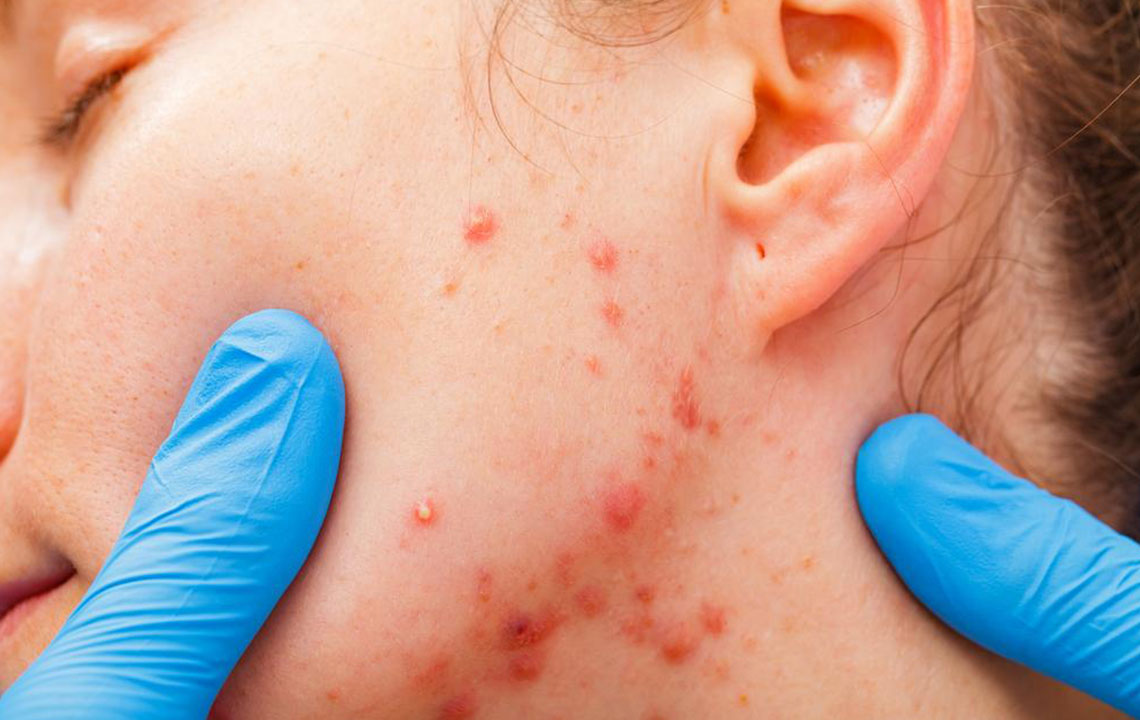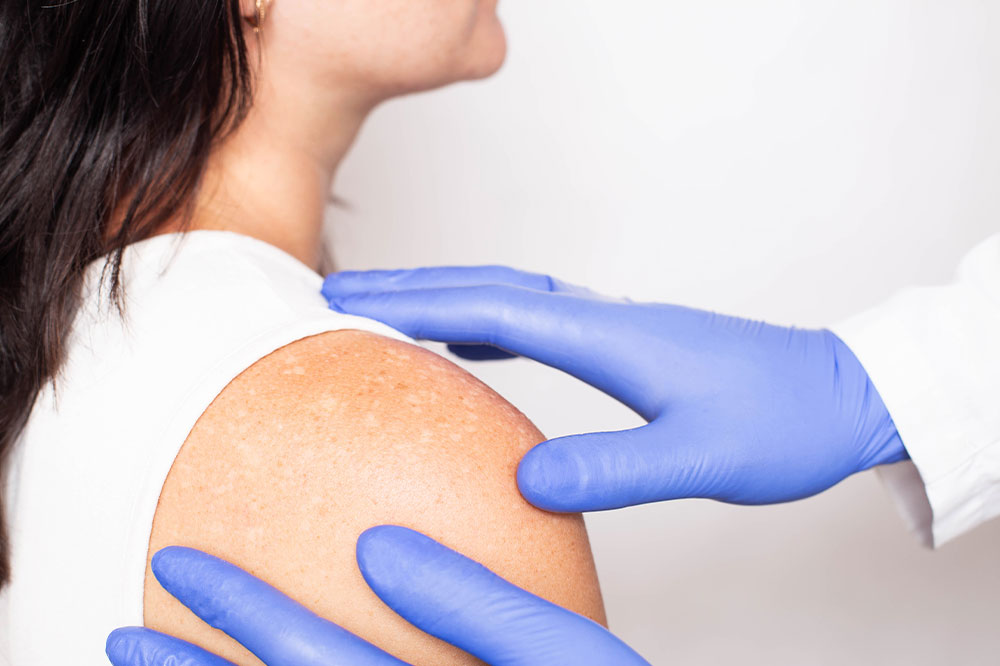Essential Strategies for Effective Rosacea Management
This comprehensive guide outlines effective strategies for managing rosacea, a common skin condition affecting millions. It covers symptoms, causes, triggers, and treatment options, emphasizing early diagnosis and lifestyle adjustments. With proper care, rosacea symptoms can be controlled, preventing complications like skin thickening and vision problems. Learn how to identify triggers and adopt gentle skincare routines to maintain healthier, calmer skin.

Essential Strategies for Effective Rosacea Management
If you're over 30 and frequently notice redness or bumps on your face, it could be rosacea—a common skin condition. Seeing a dermatologist is essential to accurately diagnose and treat it. Understanding rosacea's causes and symptoms enables better management and prevents serious complications like skin thickening or vision issues. This article offers key insights into rosacea, detailing symptoms, triggers, and treatment options so you can take proactive steps toward healthier skin.
What is rosacea?
Rosacea affects millions worldwide, especially in the U.S., and often appears on the nose, cheeks, and forehead. It’s a persistent skin disorder that can resemble acne but is distinct, often causing redness, visible blood vessels, and bumps. Proper treatment is needed to alleviate its symptoms.
Signs and Symptoms
Typically starting in your 20s, rosacea becomes more prominent after 30. Common signs include persistent redness, dry or burning sensations, visible small blood vessels, red bumps similar to acne, and eye irritation characterized by burning or itching.
If left untreated, rosacea can lead to skin thickening, facial disfigurement, and eye problems. Understanding its causes and triggers is crucial for effective control.
Causes and Triggers
While the root cause remains unclear, factors like abnormal blood vessels, Demodex mites, bacterial influence (such as Helicobacter pylori), and genetics play roles. Triggers including stress, sunlight, weather shifts, and lifestyle habits may worsen symptoms. Adopting a healthy lifestyle and avoiding known triggers are vital for managing flare-ups.
Is Rosacea Treatable?
Though incurable, rosacea symptoms can be managed successfully through appropriate treatment approaches. Early intervention is key to preventing progression.
Treatment Options
Managing rosacea may involve oral antibiotics, topical medications, and in some cases, isotretinoin, depending on severity. Lifestyle changes like sun protection and trigger avoidance are equally important.
Rosacea Management Tips
Identify your personal triggers and minimize exposure. Use high-SPF sunscreens, wear protective clothing, and stay in shade. Select gentle skincare products free from alcohol and harsh chemicals. Additionally, managing stress and seeking support can boost confidence and help cope with the condition more effectively.


